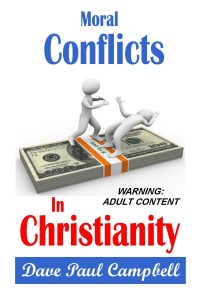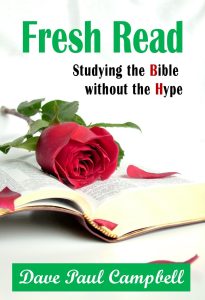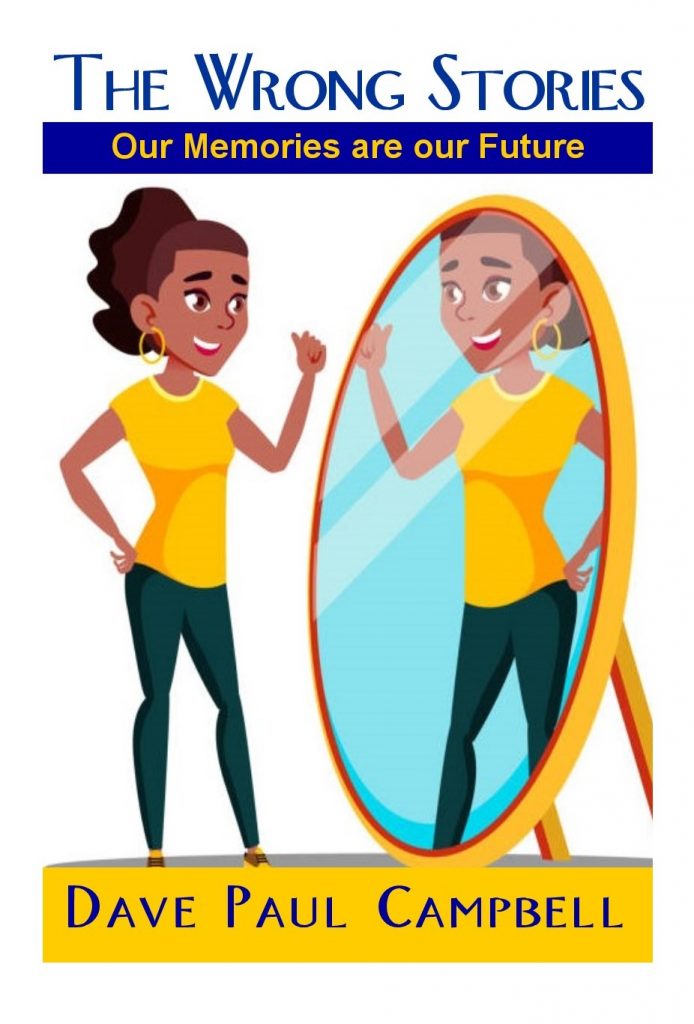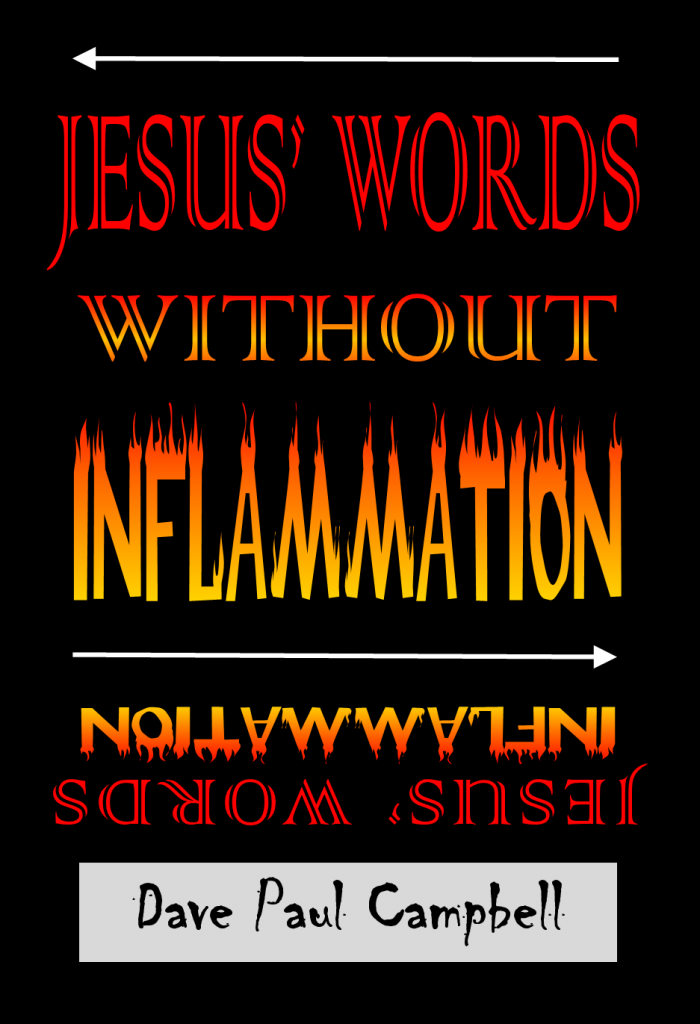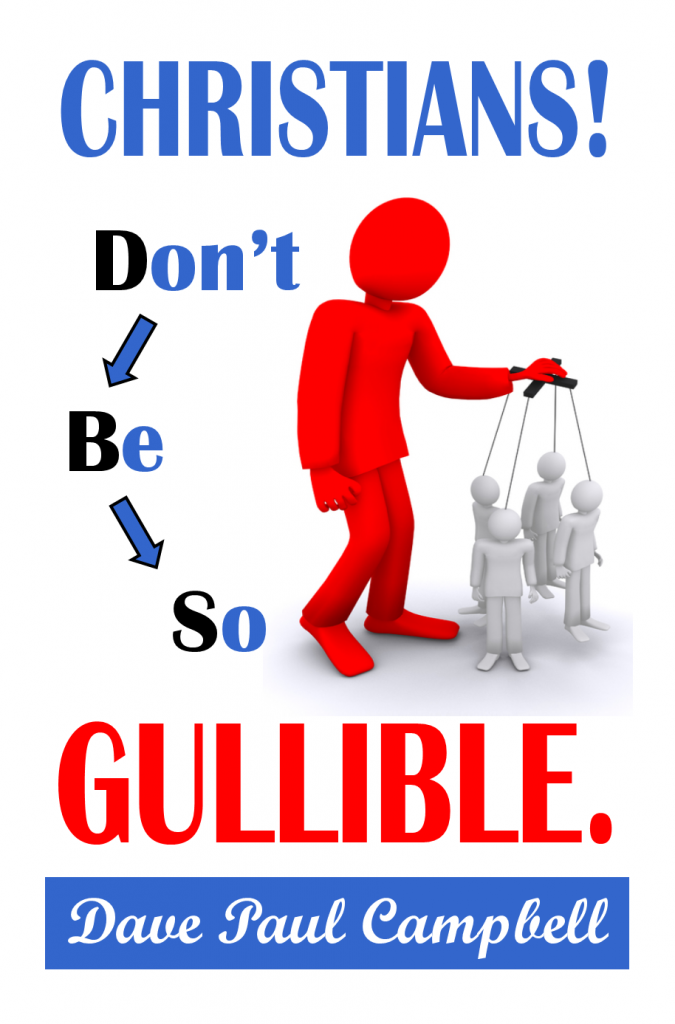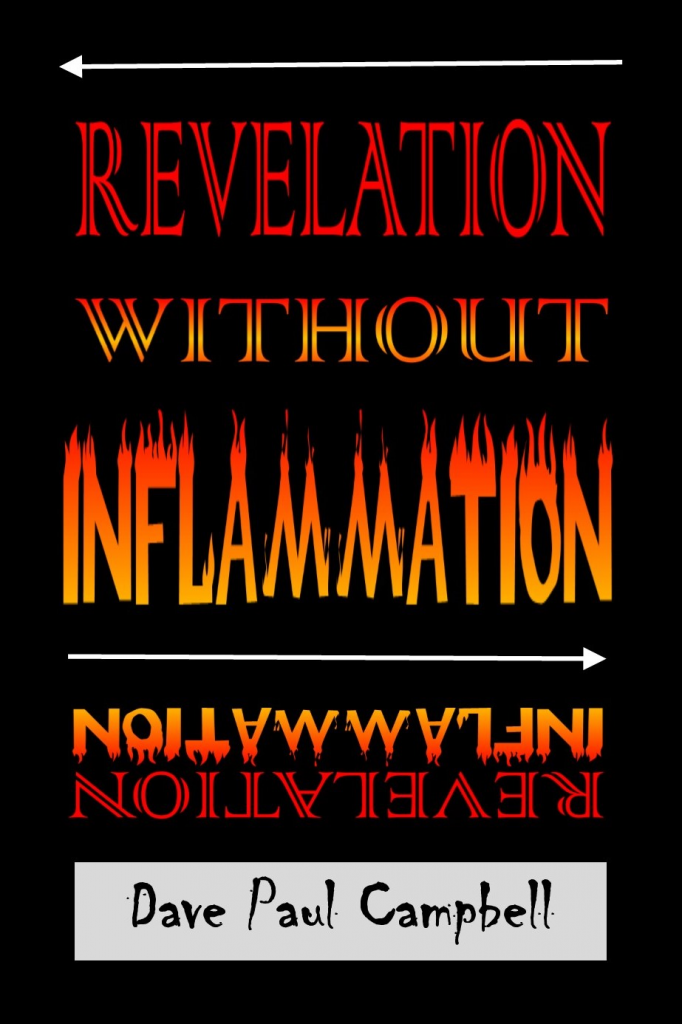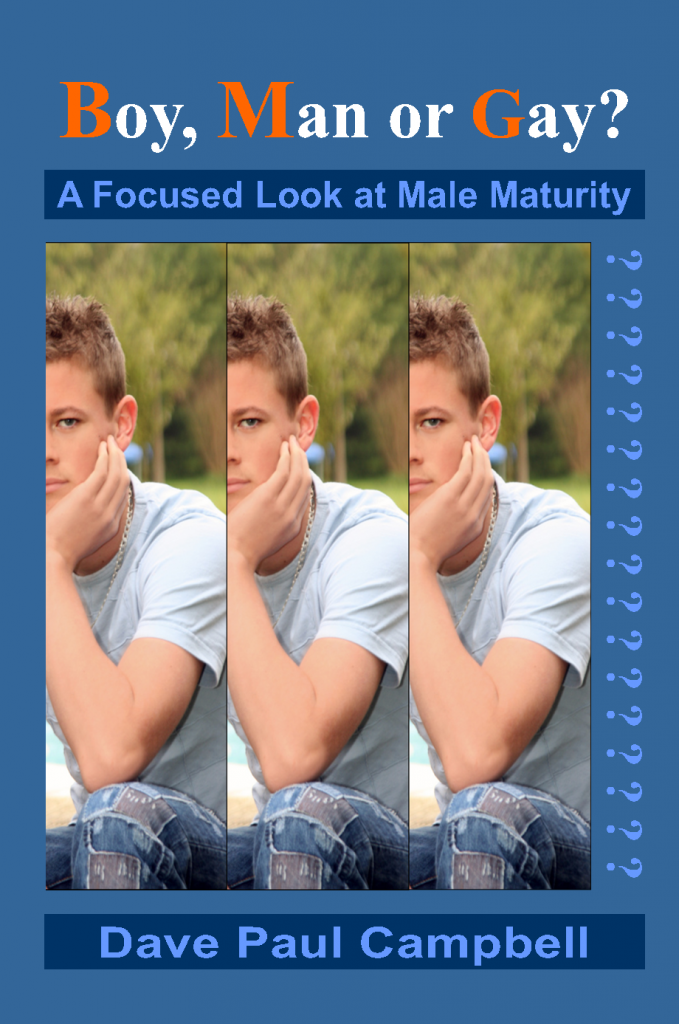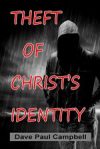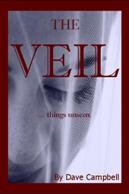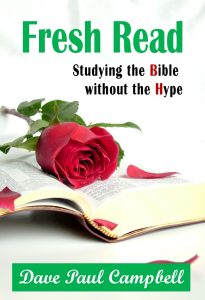Many Christians I talk to say they have problems getting clear answers or direction from God. I get what they are saying and for many years I had the same issues, but I think my biggest problem was a mental block. I could not believe that God wanted to talk to me and that he would make the effort to reach out and find a way to do that. However, that changed when I heard him say that he wanted to talk to me. When he said he wanted to talk to me, I was surprised. It was more than just the words, it was how he said it and all of what it detailed and was connected to. At the time I was unaware of where that would lead, but it began to change my life immeasurably. I started to reach out and listen for him to speak. When I read God’s Word, I would listen for the same voice and every day he would talk to me about what I read and how it applied to my life. I began to grow like never before and the more I grew, the more God used that to expand my world and take me into ministries I never dreamed I would be part of.
Sometimes Christians come across questions that are hard to answer. These may be from reading the Bible, but just as often they come from other people who are challenging Christian beliefs. Though there are hundreds, if not thousands of these questions, I have compiled answers for 20 that are relevant in our current culture. Some of the answers are not complete discourses on the subject. They hit the basics and give you a good place to start in your search for answers. As always, I say that any commentary is just opinion. It may be an expert opinion, but there are always other “experts” that disagree. What do we do with people’s opinions? We look to the Bible and read it straight, without manipulation. It is the final authority and it does have the power to quell arguments. What comes directly from God’s mouth is always truth.
We can easily delude ourselves into thinking we are very moral and thus, spiritually superior to everyone else. As Christians, when we believe we have “arrived,” and we are walking the way a Christian “should,” then we become lax in seeing our hearts. We can also begin to excuse behaviors that God does not approve of. As long as we are approved of by our Christian community (or not judged), then we think we are “good” Christians. The problem with this is that it is the same philosophy unbelievers use to guide their lives. The ideology is this: Crowd approval equals morality. It is time we take a hard look at some of the things we are saying and doing. We need to dig down deeper than we have ever done and take a look at the deep dark pits of what we do and why we do it. We need to see the conflicts in our ideologies and our daily morality. We need to look behind those closed doors and peek into our darkest closets
Abortion is a big issue with many people, especially us Christians, yet the solution seems elusive. Every day, hundreds of infants are killed, while people debate its morality. For all the laws made and so money spent, and nearly 50 years after its legalization, we still seem to be closer to the beginning than the end. Why? We think we have the right answers, but do we? We have protests, and march in the streets, holding signs that describe our concerns, and yet those who think differently do not seem to be moved at all over our protests. In fact, there are violent responses. We are looked at as the crazy ones, and the ones who promote bad things. We are accused of taking away basic constitutional rights. These are the very rights that we fight for every day in other areas. If we are all about personal freedoms and rights, then why is there such a disagreement? Does it seem to our opponents that we are hypocritical?
We need a different solution – and it is one that no one wants to talk about or consider – even in the church. We need to see what the Bible says, regardless whether we want to hear it or not. And, the likely solution is not going to sit well with most people in our current culture. So, if you are brave and fully committed to a real answer, dive into this book with all of your heart.
It can be difficult for many Christians to determine the difference between accurate interpretation and just fanciful musings of the Bible. So, ours heads can swim in a sea of information that is sometimes conflicting. Perhaps this is one reason some Christians have stopped reading the Bible. My question is this: How do we get to a place where we are more comfortable reading the Word and enjoy a richer experience? And, how do we see what the author was trying to convey? The answer to that is in this book. Dave has set out a simple course to see God’s Word in a more pure way. The idea is to set aside all the things that have been imposed on scripture and extract what the writer actually penned. To aid in this process, Dave has introduced a set of only 3 rules for reading that can help bring out the truth, while weeding out fanciful theories. Come along with Dave on this study journey and see how clear the Bible can truly be.
Note: There is also a condensed version of this book on Amazon and Kindle.
Most people seem to hold onto their memories as a rock-solid reference for how they think and what they do. What if these memories had pests that raided them secretly? If this was so, then when we all recall past events, we would have incorrect memories, and memories with gaping holes. Wouldn’t this be just terrible? We could never rely on anything we remembered because we would know it was not the real truth. What if I told you this is closer to reality than most people realize? Here is the untold secret: Those little pests that I mentioned, don’t really exist. The pest that corrupts your memories is actually you. Now, this is not about adopting a method that helps you recall your memories better, it is about how to better create them. If you emotionally create what is not real, then you will live in a fantasy world – and not a good one. The truth is, your memories are your future. So, what kind of future do you desire?
In all of end-times study, why isn’t Jesus considered to be the number one authority for prophecy? To form desired doctrines, it seems the Son of God is put aside when it comes to pivotal points of future-telling. Dave thinks it is time we take a hard look at what Jesus actually said – and what he didn’t say. Once we can lock into what Jesus was trying to tell his disciples, we can form a solid base for other texts to build on. After all, who knew the future better than Christ? This is the second book in a short series on simple eschatology and it includes a set of study tools that include the R.I.D. method. This emphasizes the focus on a fresh, simple read of the text, as literature rather than a spiritual recipe. Dave invites you to come with him on this exploratory journey. Leave all the inflamed and blown up theories behind. Dare to see Jesus’ prophetic Words from a fresh, new perspective.
I Was in Hell
This fantastic story is about a woman who died; went to hell; and came back. She tells what it’s like in Hell and says “it was Hell.” This is not one of those hyped stories that are made to sound spectacular, it’s a real and factual account of love, tragedy and miraculous power. This is Margaret Ruth Crocker’s story, as told to me by her daughter Lucille. It has been confirmed and verified by personal interviews, fact checking and audio recordings made by the parties involved. Read this book with caution. Some passages may produce some disturbing mental images.
Young Pastors Please Listen
Sometimes we just wish someone would have told us about life’s traps before we fell into them. Other times we wish all the advisors would just butt out and let us make our own mistakes. So, this book just presents common sense and some experiences that may be helpful for the very young and inexperienced minister. It includes views of the inner workings of churches and how both joys and horrors can emerge, even when people are trying hard to live for God. This allows a young minister to go into ministry with his eyes wide open, his heart prepared for possible difficulties, and his spirit ready to rise above the daily challenges.
Plastic Christians
Does Christianity in America seem a little odd to you? I think many Christians believe that being a good Christian is standing strong in Washington, DC. If we’re active in the right political party and get all the right laws passed, then we can be a good Christian nation, right? No. Christ has called us to live for him and be like him. Is this the calling we’ve answered? I can say with a certainty that liv-ing for Christ and living to please him, is no longer being preached. The common message is about what God can do for us and how he can help us feel better and be more successful in what we want to do. My question is this: When did God become our slave? The truth is that our American churches have become distracted by everything around them and lost sight of the reason they exist. This worldly attitude has created a kind of plastic Christianity that possesses the label but lacks any real substance.
Christians! Don’t Be So Gullible
Christian or not, no one likes to think that what they have believed for so long could be a little left of reality. However, the uncomfortable truth is that what men teach is sometimes more about what they have been taught than what they can prove is from God’s own lips. As a pastor and evangelist, I have been asked some hard theological questions. In addition, during study for the hundreds of sermons/lessons I have prepared, I began to see some things in The Bible that contradicted things I had been taught. I also found gaping holes and lack of a solid scriptural base for doctrines that many main-line churches teach. One such teaching that seems to be based more on tradition than Biblical foundation is that after Jesus death he went to Hell. Is this true? Maybe; but can we prove it or disprove it in scripture? The truth is, we are not teaching Christianity or a denomination; we are teaching what The Bible says; and if The Bible does not clearly say it, we should not teach it, right?
Revelation Without Inflammation
If the Book of Revelation was a living organism, it would be so inflamed that it would likely die. This book explores Revelation without the usual additions and manipulations. The approach is described as a “first read” and employs simple rules to keep Biblical explorers from becoming sidetracked by idle speculation and endless theories. Dave invites you to come with him on this exploratory journey and dare to see Revelation from a fresh, new perspective.
Marriage Without Guns
In order to protect human life, precautions need be taken for when and how they are used. For many people this is “a no-brainer.” However, what is not so apparent, is that people use emotional “guns” to hurt people they love. These weapons are not easily recognized nor are they handled with the care they deserve. When we ignore the deadly nature of our emotional armament, others can be destroyed, both emotionally and physically. In this book Dave explores the common weaponry people use against their spouse and what effect those weapons have on the human soul. He details the destructive nature of threats, attack-driven arguments, divorce mentality, physical violence and much more. He also offers ways to lay those guns down and gain a more peaceful relationship with your mate. If you or a friend is experiencing terrible friction in your marriage, this book offers a sensible view of the issues and practical solutions.
The journey from boyhood to manhood in America is challenging and filled with misdirection and half-truths. Sorting out what is important from what is simple social or cultural expectation can be a winding road. This book takes on the most critical issues in a young man’s life and discusses specific details of different lifestyle choices. It’s not a book for the timid or squeamish. Many aspects of sexuality and alternate lifestyle activities are brought out of the closet with gritty reality. The reason such stark, in-your-face reality is presented here is because of so much media hype and social misrepresentation of what alternate lifestyles involve. In addition, there are so many stereotypes of what a male should and should not be. This book attempts to bring information back into balance and to encourage young men to be the best of who they were created to be.
MAKE ME HAPPY
Everyone wants to be happy, but many people have trouble achieving consistent happiness. This can be the result of misunderstanding what happiness is and how to bring more of it into a person’s life. This book explores the foundations of happiness and the building blocks that make it a reality. It also debunks the idea of entitlement to happiness and provides methods for successfully planning a happier future. When you understand what to expect from life and begin to cultivate opportunities for happiness, you probably will say, “I am happier.”
Disclaimer:
This book is not designed to be a replacement for professional or clinical diagnoses of emotional or mental disorders. Neither the publisher nor author are offering any medical or psychological analysis, or any treatment techniques in the pages of this book. Any perceived suggestions or methodologies in this book are only an opinion based on common sense and the author’s life experience.
THEFT OF CHRIST’S IDENTITY
Theft of Christ’s Identity explores the vast number of misconceptions about God and offers alternate paths to discovering his true identity. Social media, movies, poor Bible teaching, and many more factors have worked to create images and ideas that are different from God’s true character. This book serves as a magnifying glass and helps expose counterfeit identities of our Lord and Savior. It reveals many sources of this identity theft and gives solid solutions for correcting the many false ideas we have already accepted. What this book presents is long overdue and though some readers may find it controversial, its importance to believers’ spiritual survival, is critical.
THE VEIL
Someone once said, “Oh, don’t worry; what they don’t know won’t hurt them.” But you and I have come to realize that there are many things we don’t know and some of them can hurt us. In fact, sometimes it’s what we don’t see that brings us the greatest harm. The car that we don’t see can totally ruin our life. A virus can disable or even kill a human being, yet no one can see a virus with the naked eye. As human beings we like to know what is potentially damaging and we try to take steps to mitigate the associated risks. There are many areas of life where we experience joy or pain, from things that are unseen. What’s odd is that spiritual areas of our life contain some of the most dangerous consequences, yet we seem to ignore those areas. There are many spiritual activities that are veiled to human beings. Some are there for our good and some are there to hurt. If we are as smart about these hidden veils as we are about potentially harmful traffic conditions, we may be able to avoid some of the deepest pitfalls in life and set up better defenses against demonic plans.
Buy it here:
http://www.amazon.com/Veil-things-unseen/dp/1492703125/ref=sr_1_3?s=books&ie=UTF8&qid=1379515191&sr=1-3



